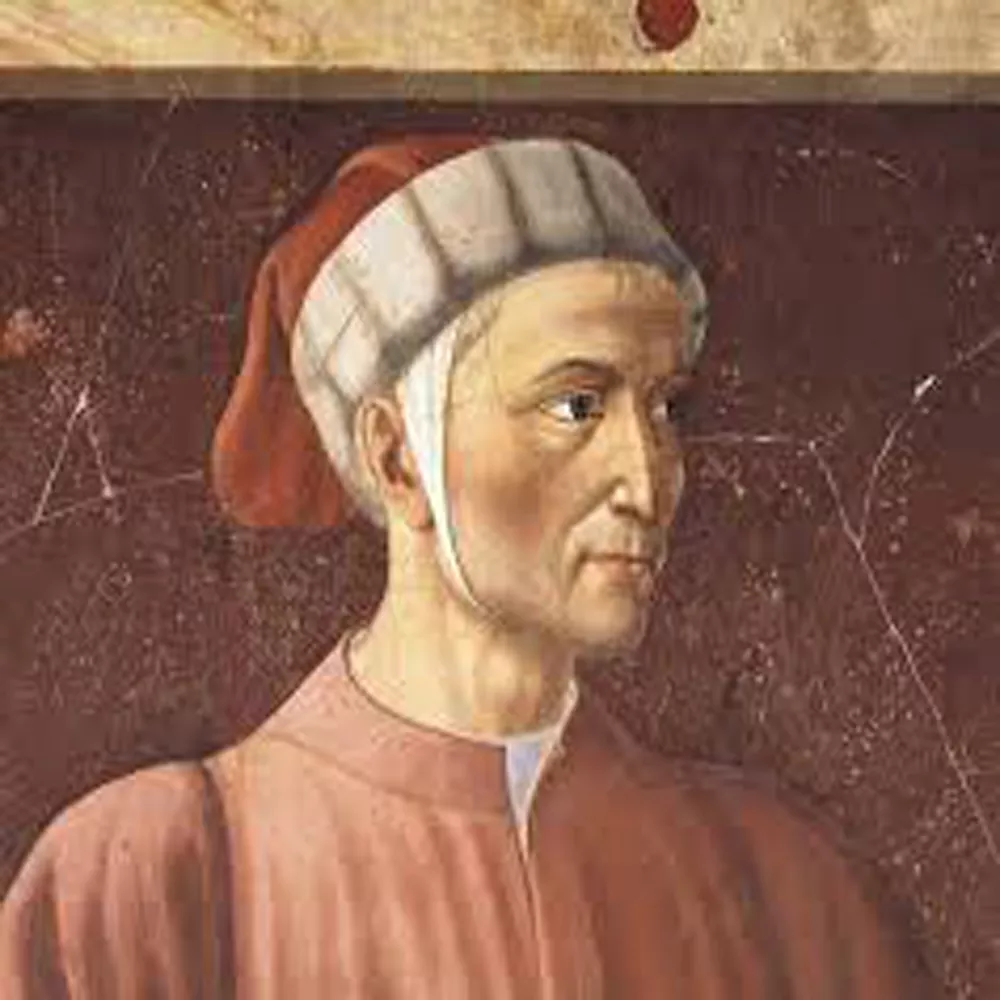
Dante Alighieri (1265–1321) is celebrated as one of the greatest poets in history and the father of the Italian language. His magnum opus, The Divine Comedy, stands as a literary masterpiece that explores the realms of Hell, Purgatory, and Paradise. Through his profound works, Dante continues to shape literature, philosophy, and theology, transcending centuries of time.
Dante Alighieri Biography
Dante Alighieri Poems
1. The Divine Comedy
Dante’s The Divine Comedy (1308–1320) is a three-part epic: Inferno (Hell), Purgatorio (Purgatory), and Paradiso (Paradise). The poem charts Dante’s journey, guided by Virgil and later Beatrice, through the afterlife. It is a profound allegory of the soul’s quest for God and a scathing commentary on 14th-century politics, ethics, and religion.
2. La Vita Nuova
Written around 1294, La Vita Nuova blends poetry and prose to recount Dante’s love for Beatrice. It reflects on earthly and divine love, serving as a precursor to the spiritual themes of The Divine Comedy. The work is notable for its exploration of courtly love and its lyrical intensity.
3. Convivio
Dante’s Convivio (The Banquet), written between 1304 and 1307, is an unfinished philosophical treatise interspersed with poems. It discusses knowledge, virtue, and the pursuit of happiness, offering insight into Dante’s intellectual growth.
4. De Monarchia
Although not a poem, this Latin treatise deserves mention for its poetic vision of political harmony. Dante argues for a universal monarchy under the Holy Roman Emperor, separate from papal authority, to ensure peace and justice.
5. Rime
Dante’s Rime (Rhymes) is a collection of lyric poems that explore themes of love, philosophy, and politics. These early works reflect his mastery of the Italian vernacular and his experimentation with poetic forms.
Dante Alighieri Quotes
1. “In His will is our peace.” (Paradiso, Canto III)
2. “The darkest places in hell are reserved for those who maaintain their neutrality in times of moral crisis.” (inferno, Canto III)
3. “Midway upon the journey of our life, I found myself within a forest dark, for the straightforward path had been lost.” (Inferno, Canto I)
4. “There is no greater sorrow than to recall happiness in tirmes of misery.” (Inferno, Canto V)
5. “The heavens call to you, and circle about you, displaying to youu their eternal beauties. (Paradiso, Canto VII)
6. “Love, which moves the sun and the other stars.” (Paradisso, Canto XXXIII)
7. “The more perfect a thing is, the more it feels pleasure and pain” (Paradiso, Canto Vl)
8. “Be as a tower firmly set; winds blow and batter it, but itnever moves.” (Purgatorio, Canto V)
9. “Beauty awakens the soul to act.”
10. “A mighty flame followeth a tiny spark.”
Dante Alighieri Facts
1. Father of the Italian Language: Dante’s use of the Tuscan dijalect in The Divine Comedy helped establish it as the standard Italian language.
2. Exiled from Florence: Dante was permanently banisheed in 1302 and faced execution if he returned.
3. Beatrice’s Inspiration: Beatrice, Dante’s muse, appearss as a guide in Paradiso
4. Political Activist: Dante served as a prior, one of Florence’s cthief magistrates, during his political career.
5. First to Name His Work a “Comedy”: The term “comedy” reeferred to its happy ending and the vernacular language used.
6. Exile’s Influence: Many themes in The Divine Comedy reflectDante’s personal struggles as an exile.
7. Astrological Themes: Dante incorporated celestial imageryand astrology into The Divine Comedy.
8. Burial in Ravenna: Florence has repeatedly tried to recclaim Dante’s remains, but he remains interred in Ravenna.
9. Inspired Renaissance Artists: Michelangelo and Botticcelli drew inspiration from Dante’s works.
10. Enduring Influence: Dante’s Inferno has become a cuultural touchstone, influencing literature, art, and popular culture globally.
